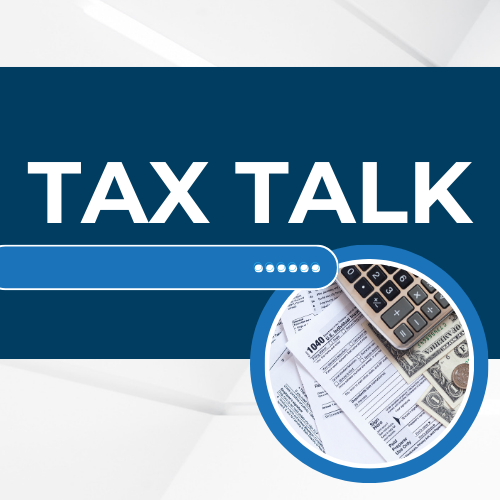Deferring Income to Slash your Tax Bill
Smart Strategies: Deferring Income for Small Businesses to the Next Tax Year

For small businesses, managing cash flow and optimizing tax liabilities are critical to financial success. One effective strategy that can provide substantial benefits is deferring income to the next tax year. By doing so, small business owners can potentially reduce their immediate tax burden, gain more control over when they pay taxes, and create opportunities for strategic financial planning. In this blog post, we'll explore some practical methods for deferring income and the benefits they can offer.
Deferring income offers several advantages for small businesses:
- Reduced Tax Liability: By shifting income recognition to a later tax year, you can potentially lower your current tax liability, providing more capital to reinvest in your business.
- Improved Cash Flow: Deferring income can enhance your business's cash flow in the current year, providing greater financial flexibility.
- Strategic Planning: The ability to time income recognition can aid in year-end planning, allowing you to align income with expenses and make informed financial decisions.
Delay Billing and Collections
One of the simplest ways to defer income is by delaying billing and collections. If your business operates on an accrual basis, where income is recognized when it's earned, delaying the issuance of invoices until the end of the current tax year can effectively push the income into the next tax year. Similarly, strategically timing collections to occur in the subsequent year can help shift taxable income.
Prepaid Expenses
Consider making prepaid expenses for goods and services that your business will use in the upcoming year. This approach allows you to deduct the expenses immediately while deferring the related income to the following year. Just be cautious and ensure that the prepaid expenses are legitimate and will indeed be utilized in the future.
Depreciation and Amortization
Taking advantage of accelerated depreciation methods or amortization can also help in deferring income. By depreciating or amortizing certain assets over several years, you can spread the recognition of income associated with those assets across multiple tax years, providing tax benefits in the short term.
Deferred Compensation
For businesses with employees, offering deferred compensation plans can be beneficial for both employers and employees. These plans allow employees to defer a portion of their income, often until retirement. While this doesn't directly impact the business's tax liability, it can be an attractive benefit for employees and can potentially lead to reduced taxable income for them in the current year.
Year-End Purchases
Strategic purchasing decisions toward the end of the tax year can also help defer income. Investing in business-related equipment, supplies, or inventory can decrease your taxable income for the current year while potentially boosting deductions for the next year.
Income Timing
If your business operates on a cash basis, you have more control over when you recognize income. By delaying the receipt of payments until the following tax year, you can effectively defer the associated income. However, be cautious to not jeopardize customer relationships or cash flow by implementing this strategy.
Deferring income is a valuable strategy that can help small businesses manage their tax liabilities and enhance financial planning. By thoughtfully utilizing methods such as delaying billing, prepaying expenses, and optimizing depreciation, small business owners can strategically shift income recognition to their advantage. However, it's crucial to consult with a tax professional before implementing these strategies to ensure compliance with tax laws and regulations.
Quick Links
Contact Information
Business Hours
- Mon - Fri
- -
- Sat - Sun
- Closed















